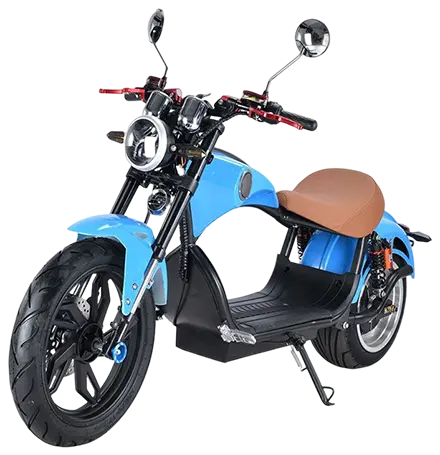Environmental standards for Harley-Davidson electric vehicle battery recycling
With the popularity of electric vehicles, battery recycling has become an important environmental issue. As a well-known electric vehicle brand, Harley-Davidson’s battery recycling follows a series of strict environmental standards to ensure environmental safety and sustainable use of resources. The following are some key environmental standards that Harley-Davidson electric vehicle battery recycling and treatment must comply with:
1. National environmental regulations
Provisional Measures for the Management of Recycling and Utilization of Power Batteries for New Energy Vehicles
Specifies that waste power batteries should be recycled and treated in accordance with requirements, and clarifies the duties and regulatory responsibilities of relevant departments
Implementing the extended producer responsibility system, and automobile manufacturers assume the main responsibility for power battery recycling
Encourage scientific and technological research on power battery recycling and promote innovation in recycling and utilization models
Technical Specifications for Pollution Control of Waste Lithium-ion Power Batteries (Trial)
Regulate and guide the treatment process of waste lithium-ion power batteries, prevent pollution, and protect the ecological environment
Clarifies the treatment process of waste batteries, including pretreatment, material recovery and other steps, as well as the separation requirements for waste battery electrode material powder, current collector and shell
Technical Policy for Pollution Prevention and Control of Waste Batteries
Guide the development of waste battery environmental management and treatment and disposal, resource recycling technology, standardize waste battery treatment and disposal and resource recycling behavior, and prevent environmental pollution
Emphasis that waste battery pollution control should follow the basic principles of battery product life cycle analysis, actively promote clean production, and implement the principles of full process management and total amount of pollutant control
2. Battery recycling technical specifications
“Industry standard conditions for comprehensive utilization of waste power batteries for new energy vehicles (2024 edition)”
Specifies the requirements for plant area, work site area, production facilities and equipment, traceability system, safety protection facilities, etc. that enterprises should meet during the comprehensive utilization process
Emphasises that corresponding measures should be taken to achieve reasonable recycling and standardized treatment of solid waste generated during the comprehensive utilization process
Specifies that enterprises for cascade utilization should follow relevant national policies and standards and other requirements to classify and reorganize waste power batteries
3. Product quality and safety management
“Technical requirements for environmental labeling products – batteries”
Reduces the impact of batteries on the environment and human health during production and use, and protects the environment
4. EU Battery Regulation
Battery Regulation (EU) 2023/1542
Requires battery manufacturers to use renewable and recyclable materials to reduce carbon footprint and waste generation
Regulates the proportion of battery recycling and reuse to ensure that waste batteries do not enter landfills but are effectively recycled and reused
Conclusion
The environmental protection standards followed by Harley electric vehicle battery recycling and processing cover national regulations, technical specifications, product quality and safety management, etc., aiming to ensure the environmental protection, safety and sustainable use of resources in the battery recycling and processing process. These standards not only help reduce environmental pollution, but also promote the recycling and reuse of battery materials, contributing to the realization of green and sustainable development.
Post time: Dec-16-2024


